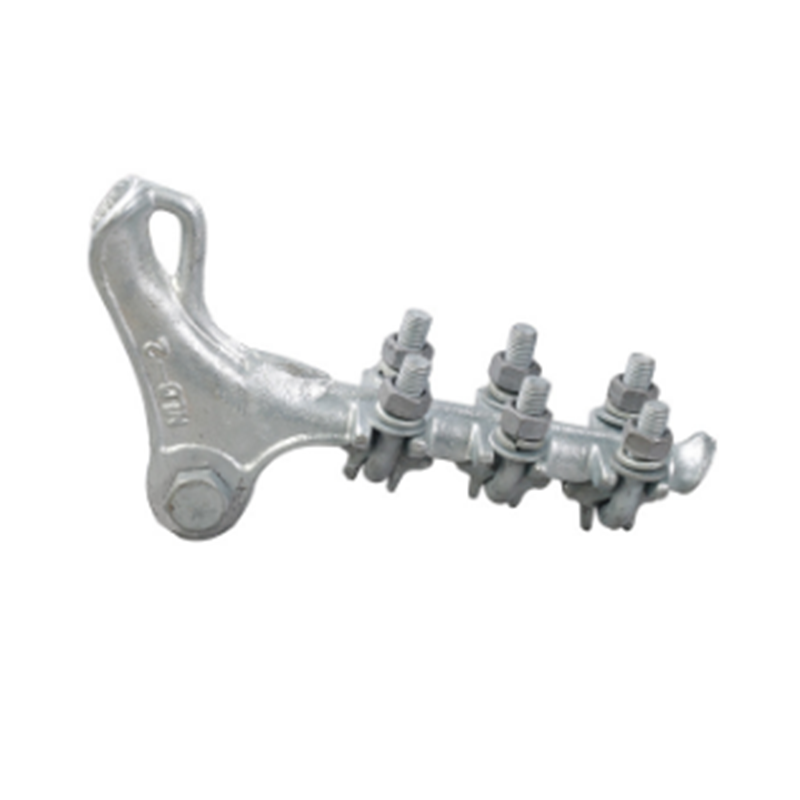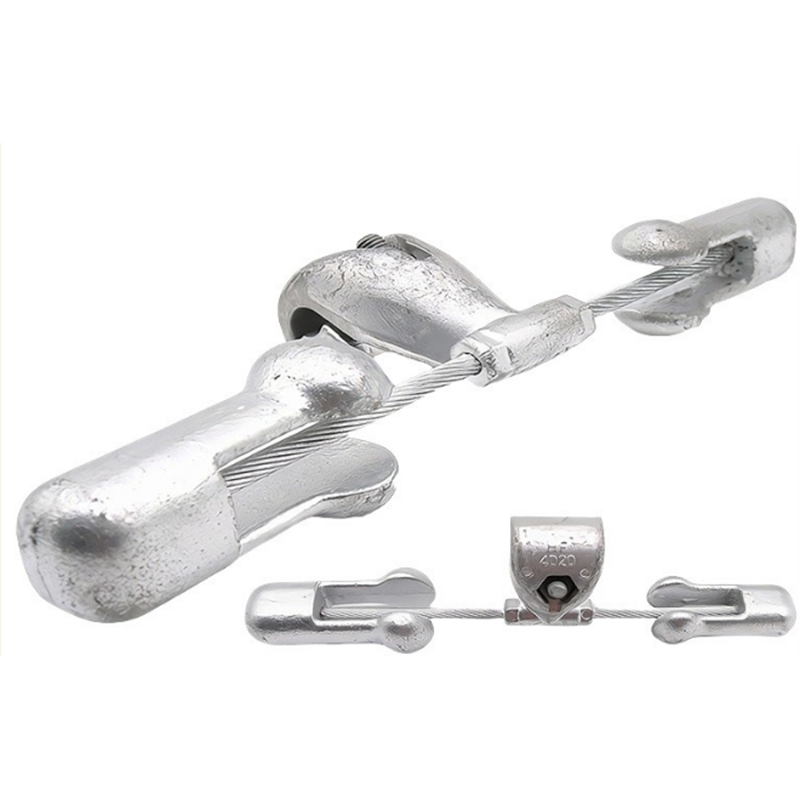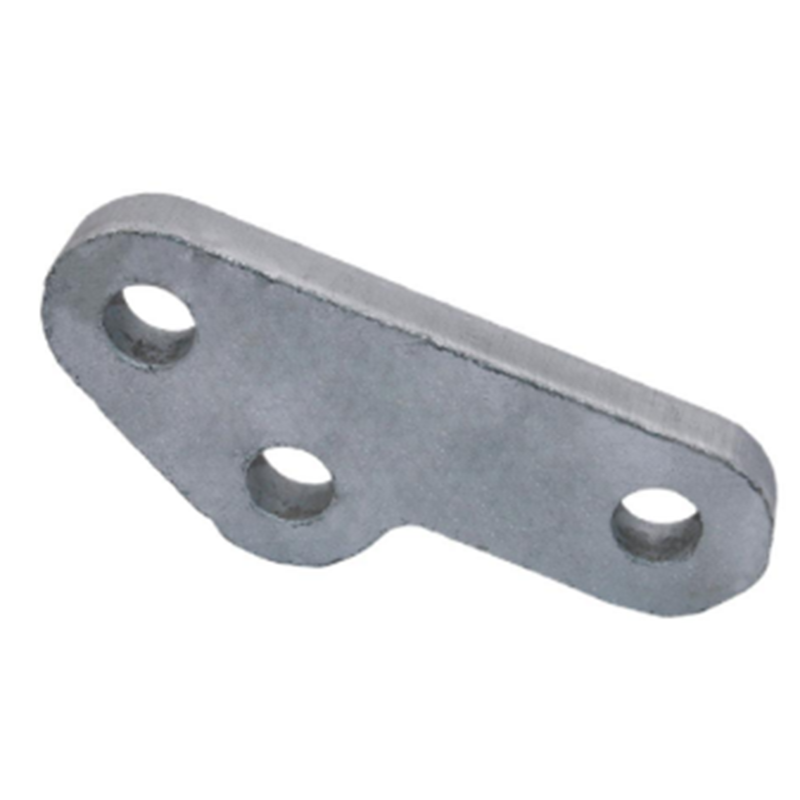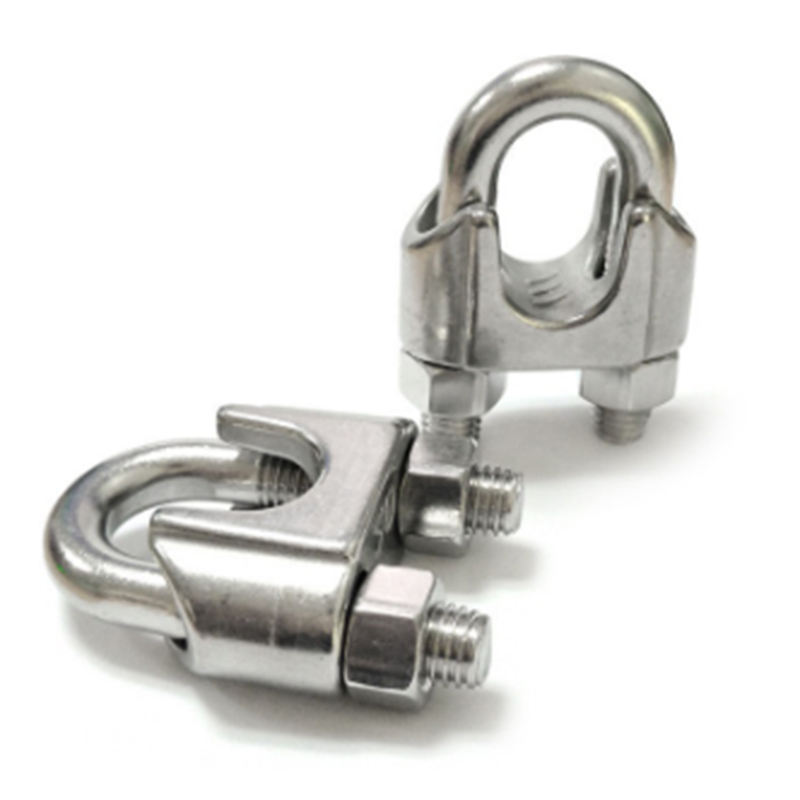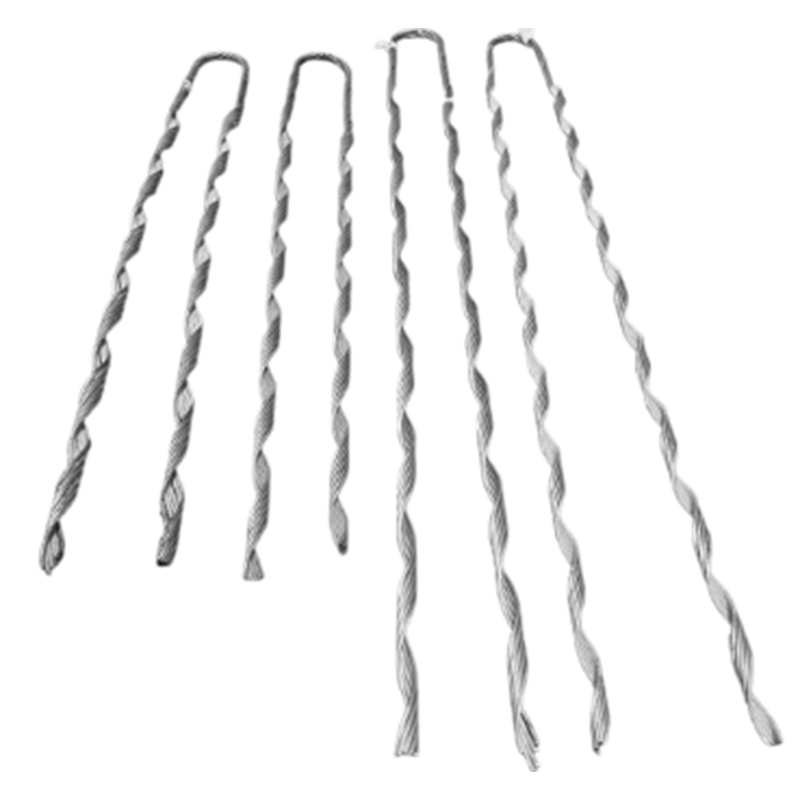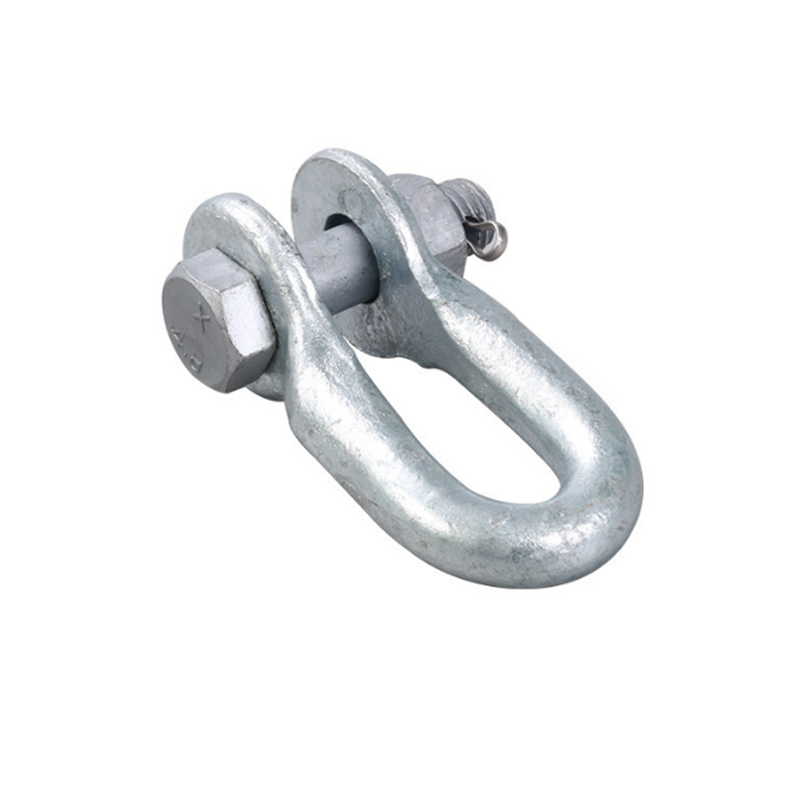- Chinese
- French
- German
- Portuguese
- Spanish
- Russian
- Japanese
- Korean
- Arabic
- Irish
- Greek
- Turkish
- Italian
- Danish
- Romanian
- Indonesian
- Czech
- Afrikaans
- Swedish
- Polish
- Basque
- Catalan
- Esperanto
- Hindi
- Lao
- Albanian
- Amharic
- Armenian
- Azerbaijani
- Belarusian
- Bengali
- Bosnian
- Bulgarian
- Cebuano
- Chichewa
- Corsican
- Croatian
- Dutch
- Estonian
- Filipino
- Finnish
- Frisian
- Galician
- Georgian
- Gujarati
- Haitian
- Hausa
- Hawaiian
- Hebrew
- Hmong
- Hungarian
- Icelandic
- Igbo
- Javanese
- Kannada
- Kazakh
- Khmer
- Kurdish
- Kyrgyz
- Latin
- Latvian
- Lithuanian
- Luxembou..
- Macedonian
- Malagasy
- Malay
- Malayalam
- Maltese
- Maori
- Marathi
- Mongolian
- Burmese
- Nepali
- Norwegian
- Pashto
- Persian
- Punjabi
- Serbian
- Sesotho
- Sinhala
- Slovak
- Slovenian
- Somali
- Samoan
- Scots Gaelic
- Shona
- Sindhi
- Sundanese
- Swahili
- Tajik
- Tamil
- Telugu
- Thai
- Ukrainian
- Urdu
- Uzbek
- Vietnamese
- Welsh
- Xhosa
- Yiddish
- Yoruba
- Zulu
- Kinyarwanda
- Tatar
- Oriya
- Turkmen
- Uyghur

Screw Manufacturing
Understanding the Art of Screw Manufacturing
Screw manufacturing is more than just producing everyday hardware; it's a nuanced process that combines precision engineering with a deep understanding of material properties and machining techniques. The journey from raw steel to a finely crafted fastener is intricate and requires a keen eye for detail.
The Misunderstood Complexity of Screw Manufacturing
Often, people overlook the complexity involved in screw manufacturing. It's not as simple as pouring metal into a mold and calling it a day. Each step, from selecting the right wire diameter to threading, requires careful consideration. And let's not even get started on the heat treatments – that's where the real art lies.
I’ve spent countless hours at factories, seeing each phase firsthand. Take, for instance, the Shengfeng Hardware Fastener Factory. Located strategically in the Hebei Pu Tiexi Industrial Zone, this place blends convenience with cutting-edge production techniques. Their focus isn't just on the mass production of fasteners, but on achieving consistency across a wide range of specifications.
The broader category of fasteners includes spring washers, flat washers, and nuts. Each of these requires varied manufacturing processes. The subtlety of differentiating between thread counts or washer thickness speaks volumes about the expertise needed. It's this kind of expertise that factories like Shengfeng pride themselves on.
The Role of Material Selection and Testing
Material selection in screw manufacturing is not just an early step; it's foundational. Engineers vet the tensile strength, corrosion resistance, and heat treatment compatibility of materials. Choosing the wrong steel can result in catastrophic product failure.
Material testing is more than a checkbox. I've seen entire batches rejected because of minute material inconsistencies. Heat treatment processes typically follow, aiming to enhance the screw's wear resistance and durability. Imagine explicitly detailing each heat cycle and temperature – it requires precision engineering.
Moreover, facilities like Shengfeng ensure rigorous quality control. With over 100 specifications in four main categories, managing such diversity means strict adherence to quality norms, from raw material stages through final inspections. Their location – adjacent to National Highway 107 – aids in the swift distribution of these meticulously tested products.
Precision Engineering and Machinery
Screw manufacturing leans heavily on machinery. Precision engineering is not a luxury but a necessity. Modern CNC machines have automated much of the process, yet human oversight remains critical. The fine tuning of these machines defines the boundary between a well-crafted screw and a defective one.
Shengfeng Hardware Fastener Factory embraces technology without losing the touch of experienced machinists. The balance between manual intervention and automated processes is tricky. In scenarios where CNC machines might falter, seasoned professionals step in, applying judgment honed over years.
It's worth noting the factory's commitment to innovation. The process adapts; it evolves. As newer, more efficient machines emerge, the facility stays updated, ensuring mass production without sacrificing quality.
Challenges and Real-World Problem Solving
Every industry faces challenges, and screw manufacturing is no exception. One such challenge is maintaining thread and diameter accuracy across large batches. Even minor deviations can have significant impacts on function and safety. Addressing these discrepancies requires quick problem-solving skills.
During my time observing this process, I've seen how rapid adjustments in the production line prevent potential issues downstream. Real-time problem solving can mean the difference between meeting a client’s deadline and costly production delays.
Another common hurdle lies in surface treatment processes aimed at enhancing corrosion resistance. Any error here, especially during electroplating or phosphating, can lead to a compromised final product. Factories like Shengfeng stay keenly attuned to these challenges, constantly upgrading their systems to minimize such risks.
The Business Aspect and Market Positioning
On the business end, understanding market demands is crucial. Factories like Shengfeng know their market – they manufacture fasteners with precise specifications sought by international markets, leveraging their location for efficient product distribution.
The strategic site at Hebei Pu Tiexi Industrial Zone positions them uniquely in the global supply chain. Being adjacent to National Highway 107 supports quick, efficient logistics – a vital cog in the fastener supply line.
Continuous market research backs their diverse product line, offering spring washers, flat washers, nuts, and expansion bolts. It's about meeting demand with quality while pricing competitively, a balancing act every fastener manufacturer must master to thrive.
Conclusion: The Broader Impacts of Quality Fasteners
Ultimately, high-quality screw manufacturing affects several industries, from automotive to construction. Factories like Shengfeng understand their role in larger ecosystems, making sure every fastener meets rigorous standards.
Success in screw manufacturing means adaptability, precision, and an unwavering commitment to quality. As I’ve seen, it involves learning from every setback, listening to every customer concern, and ensuring each product exceeds expectations. It's not just about making screws; it's about crafting a legacy of reliability.
Соответствующая продукция
Соответствующая продукция






